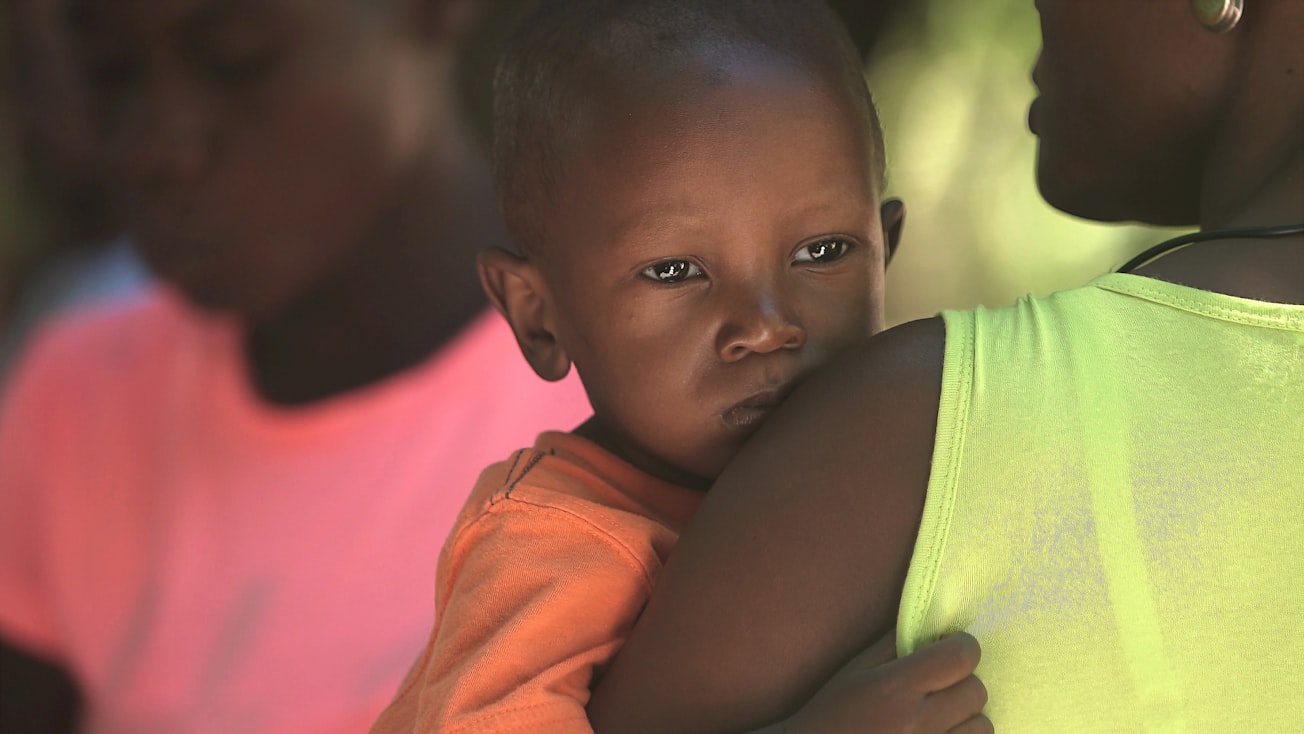What is it about?
The development and implementation of the first telepsychology initiative in the country of Haiti is described.
Featured Image

Photo by TopSphere Media on Unsplash
Why is it important?
This study provides evidence that telepsychology interventions may be acceptable, feasible and useful in countries dealing with widespread sociopolitical upheaval, poverty, and natural disasters if the cultural context is taken into consideration. The study may provide a model for other countries similar to Haiti who wish to provide emotional support and psychoeducaton to the community.
Perspectives
Collaborating on this study had special significance for me given that I have worked in Haiti in-person since 2014 providing mental health training to counselors, clergy, and other leaders so that they could more effectively serve the people in their communities. This study tested a novel way of providing counseling services during the COVID-19 pandemic using smartphones. Although there were challenges to this modality for counseling, it was acceptable, feasible, and considered useful by the people who received services. An important component of this project was that the intervention was developed by Haitian counselors to make it more culturally relevant and as a clinical researcher, I simply provided the support they needed to use the resources and skills they already possessed.
Dr. Jocelyn Shealy McGee
Baylor University
Read the Original
This page is a summary of: Development of the first telepsychology initiative in Haiti in response to COVID-19, The Journal of Mental Health Training Education and Practice, February 2022, Emerald,
DOI: 10.1108/jmhtep-07-2021-0079.
You can read the full text:
Contributors
The following have contributed to this page







